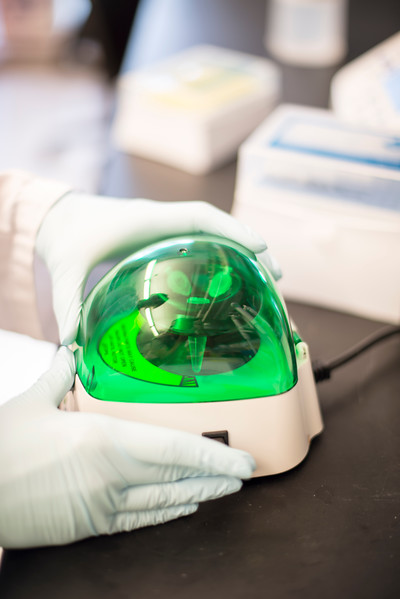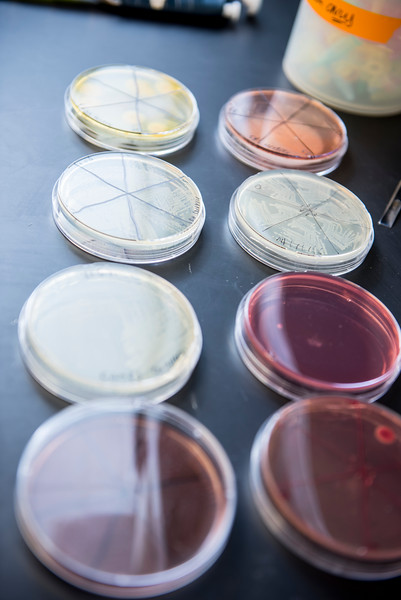Inoculum-dependent bactericidal activity of a Mycobacterium tuberculosis MmpL3 inhibitor
Berube B, Deshpande A, Bhagwat A, Parish T.
Microbiology (Reading). 2023 Jun;169(6). doi: 10.1099/mic.0.001345.
PMID: 37334886
This recently published article by Berube et al is based on studies that were conducted in the lab of Professor Parish, co-lead of the Basics Science SEATRAC Core.
The article discusses indolcarboxamides which are a promising series of anti-tubercular agents that target Mycobacterium tuberculosis MmpL3. MmpL3 is the exporter of trehalose monomycolate, a key cell-wall component. Previous work demonstrated that the indolcarboxamide NITD-304 is a potent inhibitor of bacterial growth with bactericidal activity.
Studies performed in the Parish lab determined the minimum bactericidal concentration (MBC), defined as the lowest concentration giving 3-log kill within 21 days. Indeed, NITD-304 was rapidly bactericidal with a complete sterilization of culture within 7 days at 125 nM (MBC=125 nM).
Furthermore, the authors report that the bactericidal activity of NITD-349 is inoculum-dependent. It was hypothesized that the combination of MmpL3 inhibitors like NITD-349 should synergize with isoniazid (INH) which targets mycolic acid synthesis. Indeed, they showed increased kill rates and reduced appearance of resistant mutants, suggesting that the combination of NITD-349 and INH could be clinically useful.
Summary provided by Dr. Rhea Coler, MSc, PhD







